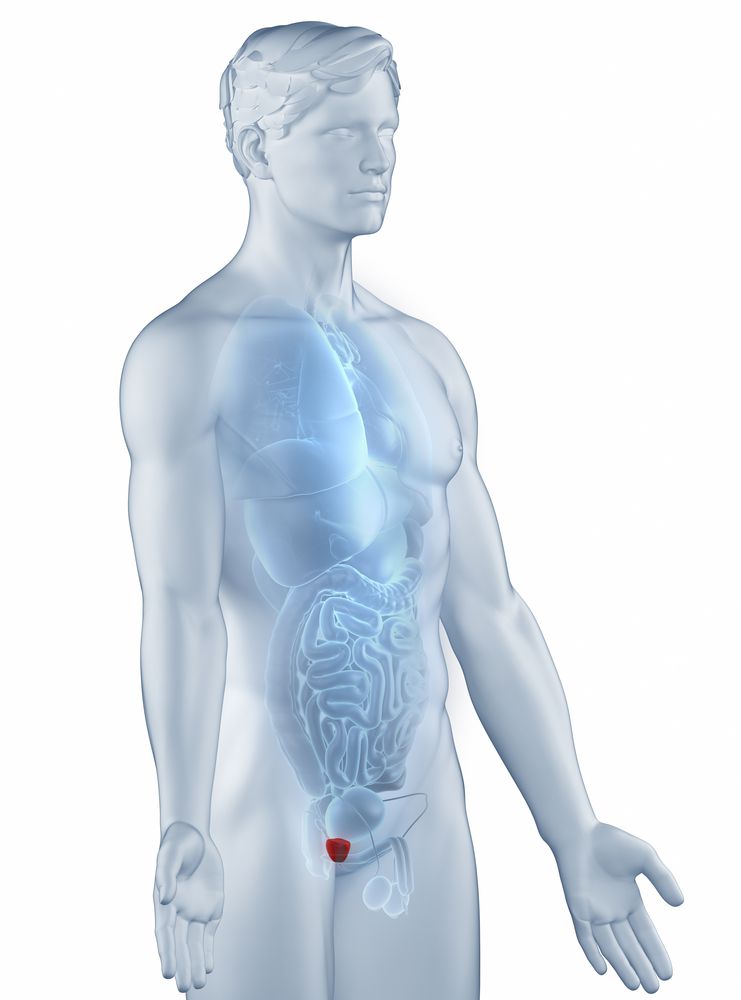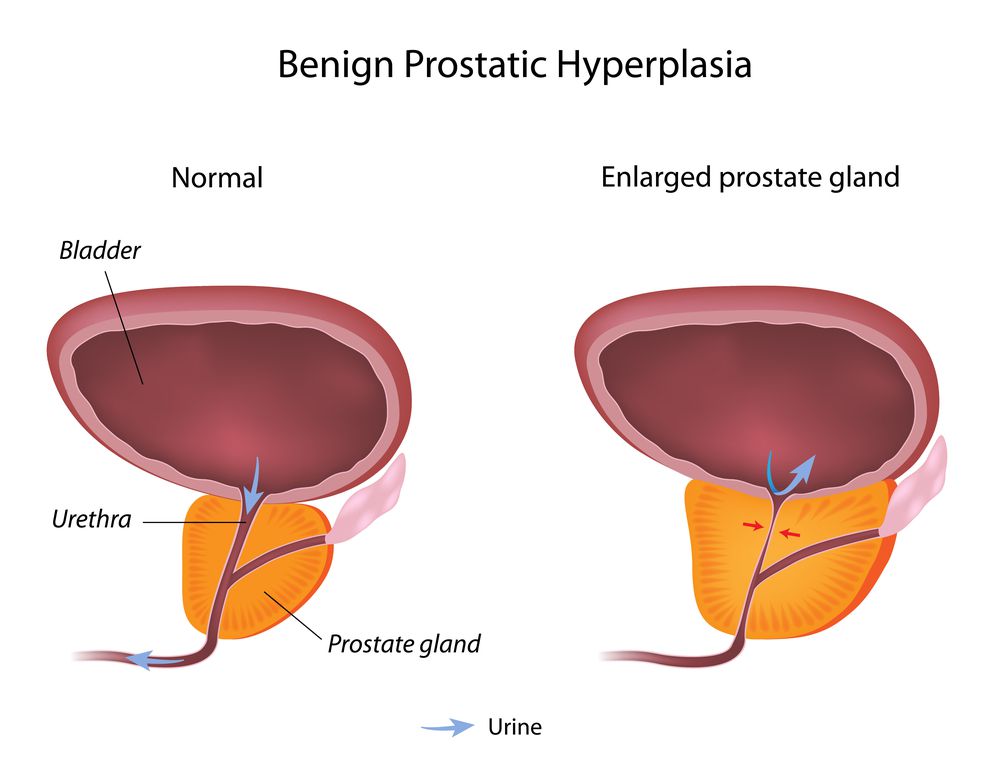Educating Men about Prostate Health

Most men over 50 are repeatedly fed prostate cancer prevention tips, but the fact is most men don’t even know what the prostate is, where it is and what bodily function it has! It is a very vital gland as part of a male’s healthy sexual life. Its placement is actually between the bladder and the testicles, and most would say it is about walnut size.
An interesting fact is that the urethra, the tube that carries liquid waste from the bladder out of the body through the penis, actually runs through prostate gland. That’s why when men start noticing some difficulty in fully emptying their bladder or a change in their urine flow, they need to consult their doctor to ensure there is no blockage occurring in their prostate gland.
The function of the prostate is to provide fluid that nourishes and, in all essentiality, protects sperm. Since sex is a vital activity for many males, it is important for them to understand the function of the prostate and how it can affect their future sexual activity.
When a man is aroused, the prostate helps push this fluid into the urethra to be expelled out of the penis as semen. If the prostate is ever blocked, many men start suffering erectile dysfunction (ED) symptoms. However, blockage is not the only issue that can bring on urination difficulty or ED symptom.

As a man ages, their prostate gland grows larger. 50 percent of all men by age 50 can expect to have an enlarged prostate, and by 80 years old, that number increases to about 90 percent of all men. Enlarged prostate is also knows as Benign Prostatic Hyperplasia (BPH), and the symptoms men should talk to their family physician about include:
Requiring more effort to push urine out of the body
Inability (or feeling unable) to completely empty the bladder
Less pressure behind urine stream
Blood in urine or semen
Inability to perform during sexual activity
Pain when ejaculating (or attempting to)
Persistent pain in lower back, hips or thighs
Discomfort or pain in the front pelvic area
All of these are indicators of a blocked or enlarged prostate. Depending on genetic history and severity of symptoms, they could also be symptoms of potential prostate cancer. However, the good news about prostate cancer is that it typically is slow-growing and can be cured when detected early.
If you believe you or a loved one is potentially at risk of prostate-related health issues, feel free to visit any of our walk-in clinics in the Phoenix area!
Phoenix Family Medical Clinic is a board-certified family practice with four convenient locations throughout Phoenix! We take men’s health issues very seriously including prostate health. We want to see all men achieve education and awareness of potential health threats. If you would like to learn more information or evaluate your symptoms with one of our providers, please choose a location online to book an appointment virtually or by phone today!







